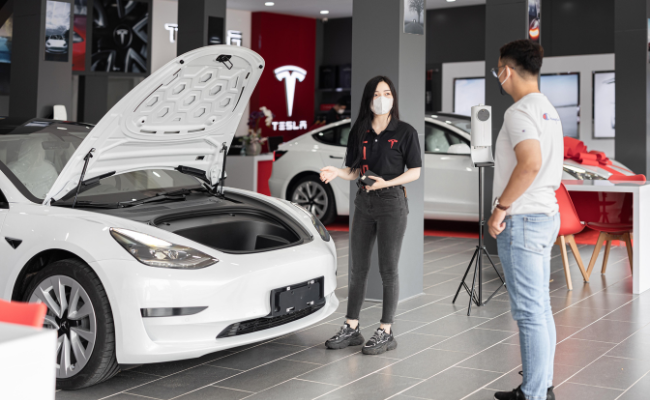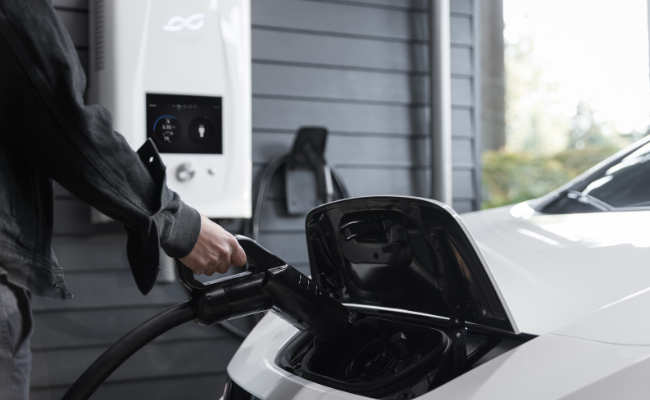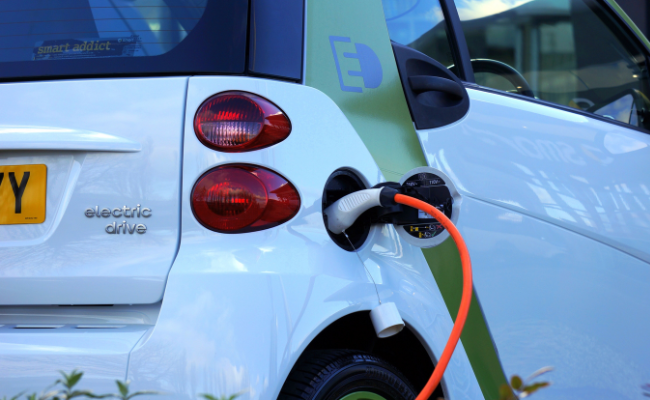Clean Energy Charging: The Future of Sustainable Transportation
As the world grapples with the environmental crisis, there is a growing need for clean energy charging solutions in transportation. Sustainable energy charging is vital in paving the way for a sustainable transportation future.
This article will explore the importance of clean energy in transportation, government policies and incentives, the future of clean energy infrastructure, and technological advancements in the field.
The Importance of Clean Energy in Transportation

Photo Credit: Pexels.com
Traditional transportation methods have significant negative impacts on the environment, contributing to climate change and pollution. Clean energy plays a crucial role in reducing carbon emissions and promoting green transportation. With a global push toward sustainable transportation, the demand for clean energy solutions is rising.
Fossil fuel-powered vehicles contribute to air pollution, which also causes health problems. As countries worldwide set ambitious climate targets to combat climate change, transitioning to electric vehicles and clean energy, charging becomes increasingly important.
Electric vehicles and other sustainable transportation options can help reduce the overall carbon footprint, leading to a cleaner and healthier environment.
Government Policies and Incentives
Governments around the world recognize the importance of clean energy charging and implement policies to promote its adoption. Today, many governments provide tax breaks and grants to businesses and consumers who invest in clean energy infrastructure and electric vehicle chargers.
For instance, in the United States, the federal government offers tax credits for purchasing electric vehicles and installing EV charging stations. State governments also provide reduced registration fees, access to high-occupancy vehicle lanes, and rebates on charger installations.
These policies encourage the adoption of electric vehicles and help build the necessary clean energy infrastructure to charge electric vehicles.
The Future of Electric Vehicle Charging Infrastructure

Photo Credit: Pexels.com
The current state of clean energy charging infrastructure varies widely. Some countries like the United States leading the way in the development of EV charging stations. However, there are still challenges and opportunities in scaling the infrastructure to meet the growing demand.
Innovative solutions and emerging trends, such as dc fast chargers and system customization, are being developed to address these needs. Expanding the infrastructure is crucial for supporting the increasing number of electric vehicles on the road.
A comprehensive network of charging stations accessible to all drivers can alleviate range anxiety and encourage more consumers to adopt electric vehicles. Additionally, integrating renewable energy sources, such as solar and wind power, into the charging infrastructure can further reduce the carbon footprint of transportation.
You may also like: WalMart widens transportation partnerships with hydrogen, electric vehicle pilots
Technological Advancements in Electric Vehicle Charging

Photo Credit: Pexels.com
Recent breakthroughs and innovations in clean energy charging technology are shaping the future of sustainable transportation. For example, the introduction of DC fast charging and battery health charging systems improve the efficiency and convenience of electric vehicle charging.
These advancements are crucial in supporting the widespread adoption of electric vehicles and plug-in hybrids. Other innovations such as vehicle-to-grid (V2G) technology allow electric vehicles to discharge excess energy back into the grid during peak demand, balancing the load and improving grid stability.
Additionally, technologies such as smart charging systems use data analytics to optimize charging patterns. These systems pause or suspend charging during periods of high electricity demand or when renewable energy generation is low. This feature should enhance grid efficiency and reduce the cost of charging for EV owners.
Electric Vehicles and Clean Energy
The popularity of electric vehicles (EVs) has grown rapidly. More consumers have opted for environmentally-friendly transportation options today.
As such, clean energy charging is essential for EV adoption and sustainability. This system enables drivers to power their vehicles using renewable energy sources. They can reduce carbon emission electricity and contribute to improving local energy grid performance.
Harnessing clean energy to power electric vehicles may decrease the environmental impact of transportation. More charging stations utilizing renewable energy sources means electric vehicles can become truly sustainable transportation options.
Residential Electric Vehicle Charging Solutions

Photo Credit: Pexels.com
Residential clean energy charging solutions, such as level 2 chargers, provide homeowners with the ability to charge their electric vehicles at home. While there are benefits to implementing these systems, the potential strain on the local energy grid is one thing with which homeowners must contend.
One solution is homeowners adopting solar-powered charging stations. This way, they mitigate the impact on the grid and reduce their reliance on non-renewable energy sources.
You may also like: Best electric vehicles (EV) coming this year
Overcoming Potential Challenges
Despite the potential good of sustainable and clean transportation, the adoption of clean energy faces several obstacles. For one, greater infrastructure development and system services at significant locations is one barrier clean energy has yet to hurdle.
However, public-private partnerships can help overcome these challenges by leveraging the strengths and resources of both sectors. Collaboration between governments, utility companies, and private businesses can accelerate the deployment of clean energy infrastructure and drive innovation in the space.
Conclusion
Clean energy charging is integral to the future of sustainable transportation. Development and adoption of sustainable energy charging solutions can potentially reduce our environmental footprint and transition to a greener future. With continued innovation and support from governments, businesses, and consumers, electric vehicle charging will become a cornerstone of sustainable transportation.
As we collectively work towards a cleaner, more sustainable world, the widespread adoption of electric vehicles and clean energy infrastructure will play a crucial role in driving the success of green transportation initiatives.

